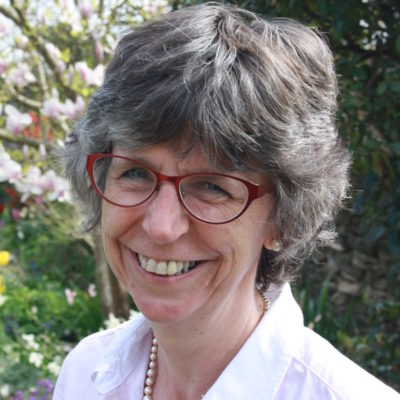Go back
A model Open Access journal for researchers, practitioners and patients
22/12/2020
Having worked to promote openness of research findings for some considerable time, it’s great to come across examples that illustrate why you’re making all the effort. The Journal of Patient Experience (published by the Association for Patient Experience/SAGE) uses a publication model that demonstrates an excellent use case for openness. This journal describes itself as: Giving voice to our patients and our providers, the Journal of Patient Experience (JPE) is an open access, peer-reviewed journal which focuses on presenting advances and applications that impact the patient experience.
It would be difficult to find an aim of an academic journal that is more relevant to the general public. The journal states that it is: “dedicated to presenting advances and applications that impact the patient experience. It also serves as a forum to share ideas from industry leaders, caregivers, patients and family members. The Editorial Board believes that incorporating the patient and family perspective to share experiences is important and also feels that patients may have unique perspectives on how healthcare might use patient advisory councils, rounding, access, and transparency (to name a few) to enhance compassionate care of the future.”
I am no healthcare expert so cannot comment on the quality of content, but my point is that this particular publication has OA at its very core, so that both health care providers and Joe and Josephine Public can access and read content. This enables providers and receivers of health care to work collaboratively to enable the best possible care for patients. In the words of the Association for Patient Experience, for patients to be “informed, engaged and proactive” and providers to have “information, education, networking opportunities, and related resources focused on best practices” resulting in better care.
We have come a long way since the comment made by Dr John Jarvis, Senior Vice President, Europe, Managing Director, Wiley Europe Limited, at the UK House of Commons Science and Technology Select Committee hearing on scientific publication of 2004: “Speak to people in the medical profession, and they will say the last thing they want are people who may have illnesses reading this information, marching into surgeries and asking things.”
To the credit of the committee, its response was: “We are convinced that it is better that the public should be informed by peer–reviewed research than by pressure groups or research as it is reported in the media.” [1].
As a resource directly targeted at patients, amongst others, this journal, therefore, must be freely accessible, and free any author from publication cost (whilst retaining quality via peer review). To this end the journal is peer-reviewed, fully OA, authors retain copyright, works are published under open licenses, and its publishing costs are sustainably funded by the Association for Patient Experience. As such, it is a model example of “diamond” OA:
- Open access article processing charge (APC) information. This journal is financially supported by the Association for Patient Experience and therefore does not charge an article processing charge for open access publication.
- Authors retain copyright under a Creative Commons License
cOAlition S organisations are pressing these exact same qualities for all research publication via Plan S. cOAlition S has commissioned a study to explore collaborative non-commercial publishing models for Open Access (aka ‘diamond’ OA). The results of this study are due by the end of December 2020, and will inform cOAlition S policy in 2021.
One other thing to note about this journal is that there are “No page charges and authors can publish full data sets, figures, tables, etc“. The absence of page and other publishing charges is notable: such additional charges are often forgotten in discussions around APCs and OA prices and charges.
In conclusion, in these COVID-ridden times, prompt and easy access to reliable health information for all has never been a more prominent and beneficial issue. Publishing venues that enable authors to publish without charge, and researchers, caregivers, patients, and their families to access this information without charge, highlight that anything other than the model demonstrated by the Journal of Patient Experience should be considered unjustified.
Sally Rumsey
Sally Rumsey was, until July 2022, Jisc’s OA Expert working as support for cOAlition S in all areas covered by Plan S, especially the Plan S Rights Retention Strategy. Prior to that, she was Head of Scholarly Communications & RDM, Bodleian Libraries, University of Oxford. There she managed the University’s repository service for research outputs, Oxford University Research Archive (ORA and ORA-Data https://ora.ox.ac.uk). She was previously e-Services Librarian and manager of the repository at the London School of Economics. Sally remains a member of the UKSCL (Scholarly Communications Licence) group.
View all posts by
Sally Rumsey


